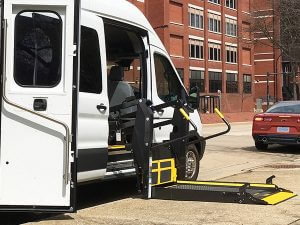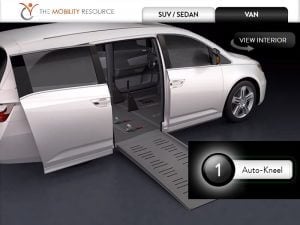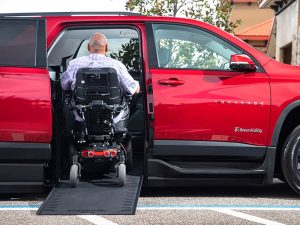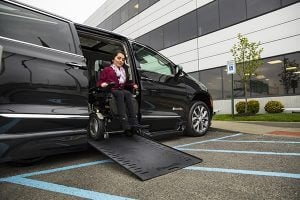 Parents, I acknowledge the difficult position the IEP process puts you in. I didn’t always, but time brings maturity. You fight with the school on your child’s behalf while at the same time you could find yourself fighting with your child, especially tweens and teenagers. Trying the following strategies should help give you an edge against difficult school officials and also avoid family fighting.
Parents, I acknowledge the difficult position the IEP process puts you in. I didn’t always, but time brings maturity. You fight with the school on your child’s behalf while at the same time you could find yourself fighting with your child, especially tweens and teenagers. Trying the following strategies should help give you an edge against difficult school officials and also avoid family fighting.
1) Communicate with your child.
Adaptions listed on an IEP do no good for your son or daughter if he or she doesn’t embrace them. So if your child shows hesitation, hold a discussion and learn why. Sometimes your kid’s reasons will seem really childish, obviously a natural occurrence. Other times though you will realize your son or daughter actually possesses good reasons for not wanting certain adaptions. In these cases work together with the IEP team to generate possible alternatives.
2) Trust your kid’s judgment.
This applies especially to junior high and high school students. At those grade levels young scholars start to build a strong self-identity. A teenager demonstrating resilient reluctance deserves at the very least a chance to explain her side. I know once I entered a school with multiple floors (fifth grade) my parents and the school placed elevator access on my IEP. Slight problem, I didn’t want to use the elevator. With a railing I could ascend and descend stairs fine. Unfortunately for me my objections fell on deaf ears. Yet by senior year of high school I became so bull-headed I ignored my elevator access and used the stairs, without incident I may add.
3) Know IDEA.
The first two strategies should place you and your child in harmony so you can both enter your IEP meeting ready to collaborate with other IEP team members. Familiarizing yourself with IDEA (Individuals with Disabilities Education Act) stands a must to effectively advocate for your child. Know what rights you retain under the law and let any difficult school officials know you know the rights afforded to your child.
4) Stay thorough.
Incorporate a plan on the IEP for every probable situation to ensure your child never becomes victim to ill-fated oversights. For instance, will a wheelchair vehicle be provided for field trips? Who substitutes for your child’s classroom assistant when that staff member’s not there? Who assists your child during fires, tornadoes, and other emergencies? If you child misses school on a test day due to a disability orientated reason, when will he get to makeup the test?
5) Keep the school informed in a timely fashion.
Surgeries, visits to out-of-state treatment centers and other major events can cause educational disruptions. Counteracting these will require revising your son or daughter’s IEP. The sooner you inform the school about upcoming events the easier the entire process can go. Easy means less stress for your student, ultimately enabling him or her to not fall behind education wise.

Find your perfect Wheelchair Van
Select from thousands of wheelchair vans for sale from hundreds of nationwide dealers
The Mobility Resource has one of the largest selections of Dodge, Toyota, Chrysler, Honda, Ford, Chevrolet wheelchair vans
View All Wheelchair Vans

































Tweet
Share https://www.themobilityresource.com/blog/post/parents-five-ways-to-better-advocate-for-your-child-during-the-iep-process/